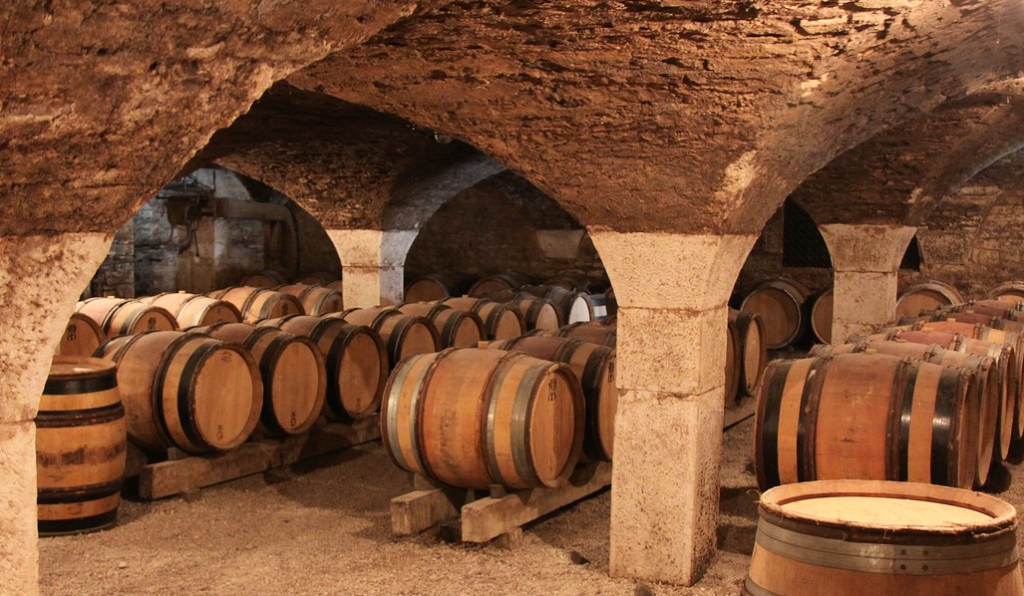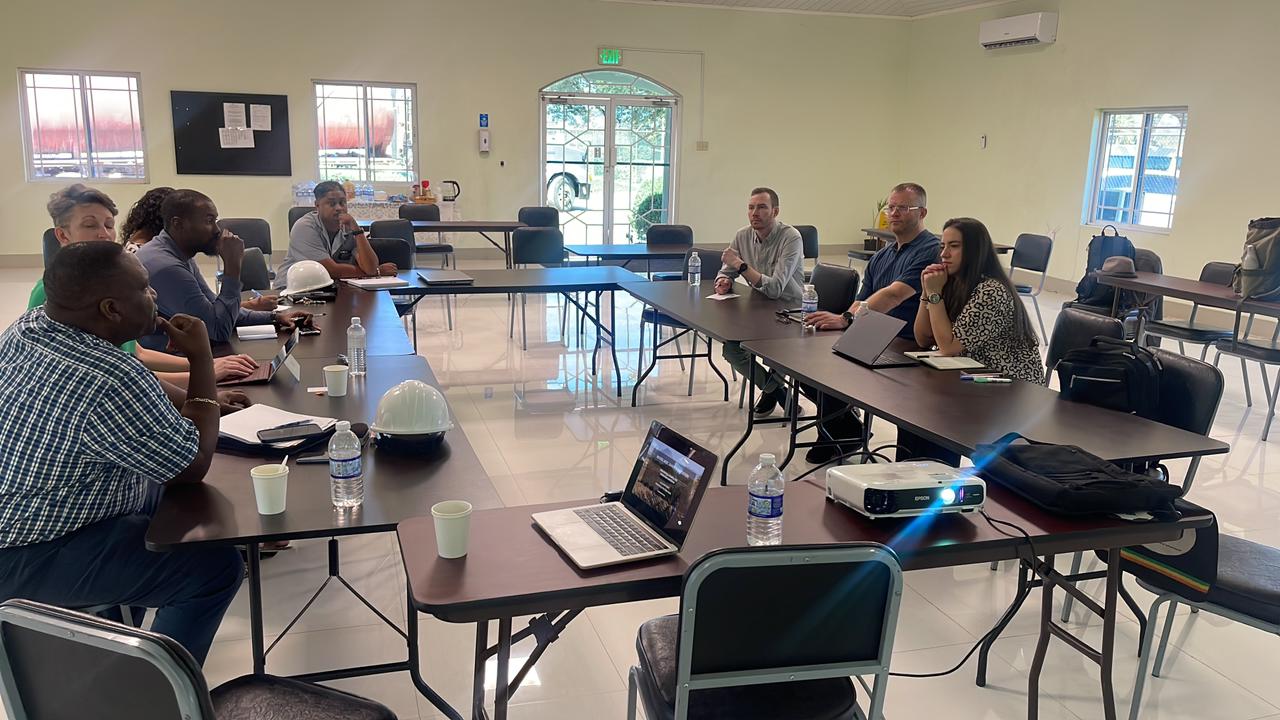5th April 2023
Written by Benjamin Sandoval, Country Manager, Mexico
Rum is a product with a lot of history in Latin America and the Caribbean, and represents tradition, gastronomy, and culture. Many of the countries have their own way to make rum, and many communities in the region depend totally on the sugarcane sector.
I recently spent a week in Jamaica at a roundtable for rum producers and stakeholders, to find out more about how the sector is driving sustainability in its supply chains.

Getting together to discuss key issues
I learnt a lot during this roundtable. It was the first of its kind, organised by the Nordic Alcohol Monopolies Systembolaget and Vinmonopolet, and brought together representatives from across the international rum supply chain and the Jamaican rum industry. We had a day of discussions and presentations, exploring synergies, sharing experiences and expectations about how the sector can become more sustainable – particularly regarding social and labour issues. This was followed by a chance to meet producers and go to different distilleries to learn more about rum production in Jamaica.
I was invited to speak on the importance of global ethical platforms and standards, like Bonsucro, that promote sustainable practices and assure human rights in raw material production. The group were really interested in how we engage with the whole supply chain. My presentation provoked a great conversation about the complexity of human rights and labour law compliance in the sector.

We went on a field trip to visit another Bonsucro member, Clarendon Distillers Ltd, who is working with to improve working conditions, in alignment with the Bonsucro Production Standard.
Improving human rights and decent work
Clarendon Distillers Ltd is working in partnership with La Isla Network to implement the water, rest, shade, and sanitation protocol that is included in the Bonsucro Production Standard for the workers. We visited the fields to see how La Isla Network is measuring data about the environment, temperature and seasons to create a tailored programme for Clarendon Distillers Ltd’s workers.
The conditions of the workers look good! This training will positively impact 40 cutters, by making investments in water reserves and personal protective equipment – in the future this will be scaled up. I had an interesting conversation with La Isla Network about how much time is needed to develop skills in the field so that a project to improve working conditions can be sustained. It is not easy, but local skills and knowledge are fundamental to the success of a project.
The next step for Clarendon Distillers Ltd is to achieve the Production and Chain of Custody Standards so that they can sell certified Jamaican rum in the Nordic countries.
An increasing demand for sustainable rum in the Nordic market
Rum is becoming more important in the Nordic market, and there is an expectation from the Nordic Alcohol Monopolies and consumers that certified products will comply with sustainable practices. In 2021 the Nordic Monopolies signed a joint statement on sourcing rum responsibly. One of the objectives regarding sustainability was to align due diligence and the monitoring of supply chains with the UN Guiding Principles on Business and Human Rights.
The Monopolies and consumers expect compliance with human and labour rights and new regulations coming from the European Union (EU) that address better human rights and environmental due diligence. Although new jurisdiction will only apply to EU countries, there are knock on effects that will impact the rest of the supply chain, including sugarcane producers in Mexico and the Caribbean.
Norway has already adopted the Transparency ACT, requiring that companies such as Vinmonopolet actively work to prevent, mitigate or cease activities that may be Human Rights Abuses in their supply chains. This is a big driver to address human rights challenges in rum production now and Occupational Health and Safety at plantation level will be key in meeting requirements.
How can Bonsucro support the rum sector?
Through the Bonsucro Production and Chain of Custody Standards we can help align stakeholders to address the biggest challenges for sustainability. The Bonsucro Production Standard references international frameworks and is regularly updated. It helps to build capacity in the supply chain, offers a due diligence process, and all Bonsucro members are required to commit to a Code of Conduct that involves continuous improvement in human rights.
We have noticed a lot of interest in Bonsucro membership and certification coming from the rum sector, which shows their commitment to becoming more sustainable. I’m pleased to see that some international brands are providing resources to their suppliers to help them comply with human rights, using certification schemes to monitor their supply chains and developing collaborative initiatives to promote changes across the sector (like this roundtable). I hope that more brands will step up with commitments like this.
Takeaways
I found Jamaica extremely interesting. My favourite thing was to find out the connections between Jamaica and Mexico, and how bounded we are. There are many differences between the Jamaican rum sector and Mexico, but some common challenges include improving the efficiency in the industry, and adapting practices to become more sustainable.
In both Jamaica and Mexico, smallholders are the base of sugarcane production. We (Mexico) are selling them molasses, machinery and services that reflect our close relationship, even though our culture and language are different. I would like to use what I’ve learned to show our members in Mexico there is room for collaboration with rum producers in Jamaica and the rest of the Caribbean.
My time in Jamaica was fantastic. I saw how open the sector is to collaboration and their interest in platforms like Bonsucro that enable them to show their sustainability credentials, which will allow them to continue to access markets like the European Union. We had so many useful conversations throughout the week, and I especially valued the field visits where I could see how Bonsucro members are working together to create tangible solutions to some of the challenges the sector faces. The Nordic monopolies impressed me with how they convened different levels in the supply chain of the rum sector at the roundtable.
I have been inspired by this week, and the potential of the rum sector as they pursue sustainability. Focusing on human rights and improving working conditions in the supply chain is vital. We cannot journey towards sustainability without looking after the workers and communities involved in rum production. And by looking after our communities and becoming more sustainable, we will be able to continue representing our cultures and traditions through this amazing drink.
I am really looking forward to using what I learnt at the roundtable to support Bonsucro members and connections in the rum sector in Mexico.
If you’re interested in finding out more about our work in rum, contact info@bonsucro.com





